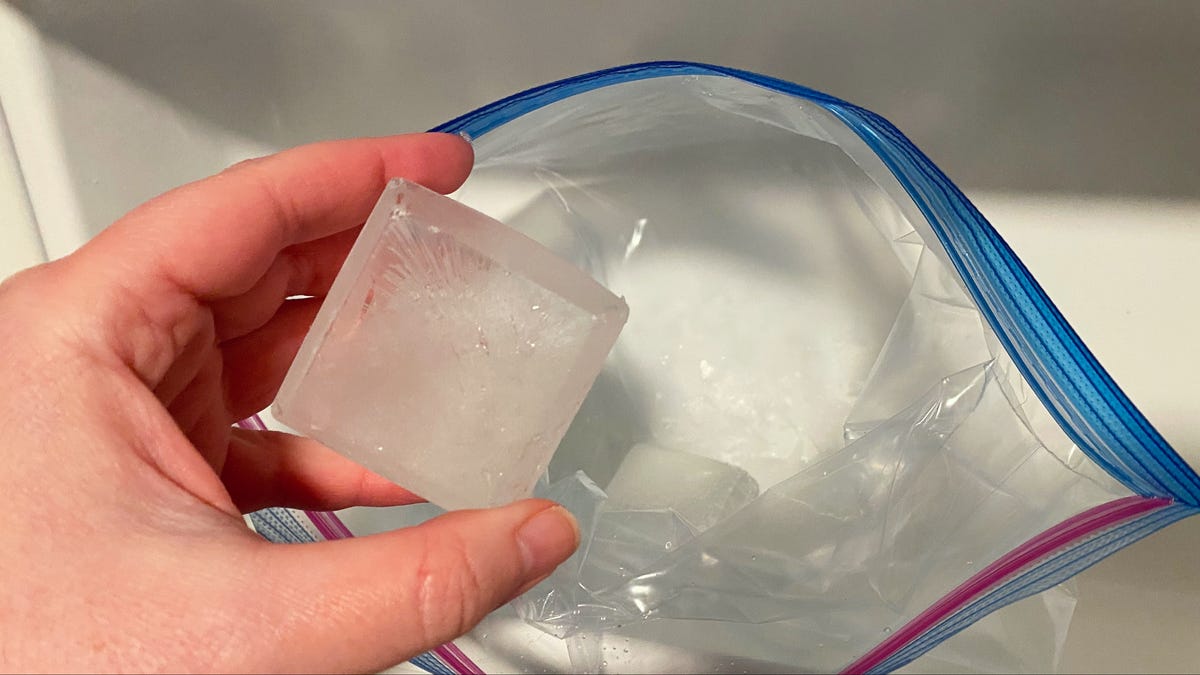

Articles
What Is A Freezer Bag
Modified: February 27, 2024
Discover everything you need to know about freezer bags in our informative articles. Learn how to properly store food and keep it fresh for longer.
(Many of the links in this article redirect to a specific reviewed product. Your purchase of these products through affiliate links helps to generate commission for Storables.com, at no extra cost. Learn more)
Introduction
Welcome to the world of freezer bags! These handy and versatile storage solutions have become an indispensable part of modern kitchens. Whether you are preserving leftovers, storing bulk foods, or even packing lunches for a picnic, freezer bags are a reliable and convenient option.
But what exactly are freezer bags? How do they differ from regular plastic bags? And what makes them an essential tool for efficient food storage? In this article, we will explore the ins and outs of freezer bags, their various types, and the benefits of using them.
So, if you find yourself intrigued by the idea of preserving food while keeping it fresh in your freezer, read on to discover everything you need to know about freezer bags!
Key Takeaways:
- Freezer bags are essential for preventing freezer burn, extending shelf life, and keeping food organized. Look for durable, airtight, and leak-proof options to maximize the benefits of freezer bag storage.
- When using freezer bags, avoid common mistakes such as overfilling, not removing air, and using damaged bags. Properly labeling, sealing, and organizing freezer bags ensures optimal food preservation and convenience.
Definition of a Freezer Bag
A freezer bag is a specially designed storage bag made from durable and flexible plastic materials. It is specifically designed for use in low-temperature environments, such as the freezer. Freezer bags are different from regular plastic bags because they are made with thicker plastic that is more resistant to cold temperatures. This allows them to effectively protect food from freezer burn and extend its shelf life.
Typically, freezer bags are made from high-density polyethylene (HDPE) or low-density polyethylene (LDPE). These materials are food-safe and do not contain any harmful chemicals that could leach into your food.
Freezer bags come in various shapes and sizes to accommodate different storage needs. They are typically available in quart, gallon, and 2-gallon sizes. Some freezer bags feature resealable zippers or double-sealed closures, ensuring an airtight and leak-proof seal to keep your food fresh and prevent freezer odors from seeping out. Some brands even offer freezer bags with write-on labels, allowing you to easily identify the contents and date of storage.
In summary, a freezer bag is a specially designed storage solution made from thick, durable plastic materials. Its primary function is to protect and preserve food in the freezer, extending its shelf life and preventing freezer burn.
Purpose of Freezer Bags
The main purpose of freezer bags is to provide a reliable and effective means of storing food in the freezer. Freezing is an excellent method for preserving food freshness and preventing spoilage. However, without proper packaging, the food is at risk of freezer burn, which can cause it to become dry, discolored, and develop off-flavors.
Freezer bags serve several important purposes when it comes to food storage:
- Prevent Freezer Burn: Freezer bags are designed to create a barrier between the food and the air inside the freezer. The thicker plastic material of the bags helps to prevent air from reaching the food, reducing the risk of freezer burn and keeping the food in optimal condition.
- Extend Shelf Life: By protecting the food from freezer burn, freezer bags help to extend the shelf life of frozen items. This allows you to store food for longer periods without compromising taste or quality.
- Keep Food Organized: Freezer bags come in various sizes, making it easy to portion and store different types of food. By using freezer bags, you can keep your freezer neat and organized, making it easier to locate and access specific items.
- Prevent Cross-Contamination: Using separate freezer bags for different types of food can help prevent cross-contamination in the freezer. This is particularly important for raw meats and fish, which can carry harmful bacteria. By keeping these items in sealed bags, you reduce the risk of bacterial transfer to other food items.
- Convenient and Space-Saving: Freezer bags are convenient to use, as they can be easily sealed and opened. They also take up less space in the freezer compared to rigid containers, allowing you to maximize storage capacity.
Overall, the purpose of freezer bags is to ensure that frozen food stays fresh, protected, and well-organized in the freezer, providing convenience and minimizing waste.
Features of Freezer Bags
Freezer bags are designed with several features that make them ideal for storing food in the freezer. These features enhance the effectiveness and convenience of freezer bags in preserving the quality of your frozen goods. Here are some key features to look for when choosing freezer bags:
- Thicker and Durable Material: Freezer bags are made from thicker and more durable plastic materials compared to regular storage bags. This ensures that they can withstand the low temperatures of the freezer without tearing or puncturing.
- Airtight Seal: One of the most important features of freezer bags is their ability to create an airtight seal. This prevents air from entering the bag, reducing the risk of freezer burn and keeping your food fresh for longer periods.
- Leak-Proof Design: High-quality freezer bags are designed to be leak-proof, ensuring that moisture and juices from the stored food do not seep out and cause a mess in your freezer. This feature is particularly important when storing liquid-based foods.
- Resealable Zippers: Many freezer bags come with resealable zippers that allow for easy opening and closing. This feature enables you to access the stored food without having to transfer it to another container. The resealable nature of the bags also helps maintain the freshness and prevent odors from escaping.
- Durable Construction: Freezer bags are often designed with reinforced seams or double-sealed closures to ensure that they can withstand the rigors of freezer storage. This feature provides extra protection against tears or rips that could compromise the integrity of the bag and the food inside.
- Write-On Labels: Some freezer bags feature write-on labels or areas where you can mark the contents and date of storage. This makes it easy to identify and track the items in your freezer, allowing for better organization and reducing the chances of food wastage.
- Transparency: Many freezer bags are transparent or semi-transparent, allowing you to see the contents without having to open the bag. This enables you to quickly locate specific items and reduces the need for unnecessary rummaging in the freezer.
These features collectively contribute to the functionality and effectiveness of freezer bags, making them a dependable tool for storing food in the freezer. When selecting freezer bags, it is important to choose those that possess these features to ensure optimal preservation and convenience.
Types of Freezer Bags
There are several types of freezer bags available in the market, each designed to cater to different storage needs and preferences. Understanding the different types can help you choose the right freezer bags for your specific requirements. Here are some common types of freezer bags:
- Standard Freezer Bags: These are the most commonly used freezer bags. They come in various sizes, typically quart, gallon, or 2-gallon capacities. Standard freezer bags are made from thick, durable plastic material to protect the food from freezer burn and maintain its freshness. They often feature a resealable zipper or a double-sealed closure for convenient access.
- Slider Freezer Bags: Slider freezer bags are similar to standard freezer bags, but they feature a sliding zipper closure instead of the traditional zipper. The sliding closure offers a quick and convenient way to seal and open the bag, making them popular for easy access to frozen foods.
- Heavy-Duty Freezer Bags: If you require extra durability and protection, heavy-duty freezer bags are the way to go. These bags are made from thicker and stronger plastic material, ensuring they can withstand harsh freezer conditions and resist tearing or puncturing. Heavy-duty freezer bags are ideal for storing heavier items or for long-term freezer storage.
- Reusable Freezer Bags: As the name suggests, reusable freezer bags are designed to be washed and reused multiple times. They are made from high-quality, durable materials that can withstand repeated use and freezing temperatures. Reusable freezer bags are an environmentally friendly option, reducing waste compared to single-use bags.
- Vacuum Sealed Bags: Vacuum-sealed bags take food storage to the next level. These bags are designed to be used with a vacuum sealing machine, which removes the air from the bag and creates an airtight seal. Vacuum sealing helps to further protect the food from freezer burn and extend its shelf life.
- Stand-Up Freezer Bags: Stand-up freezer bags are a convenient option for storing liquids or items with limited freezer space. These bags are designed with a flat base, allowing them to stand upright on their own. This feature makes it easier to pour liquids into the bag and store them in an organized manner without worrying about spills or leaks.
Each type of freezer bag offers its own advantages and is suitable for different storage purposes. Consider your specific needs, such as the type and quantity of food you plan to freeze, as well as the level of convenience and durability required when selecting the appropriate type of freezer bags.
When using freezer bags, be sure to remove as much air as possible before sealing to prevent freezer burn. Also, label and date the bags for easy organization.
Read more: How To Store Bagged Ice In Freezer
Benefits of Using Freezer Bags
Using freezer bags to store food in the freezer offers numerous benefits that can greatly enhance your food preservation experience. Whether you are a home cook or someone who likes to buy food in bulk, freezer bags provide several advantages that make them an essential tool in the kitchen. Here are some key benefits of using freezer bags:
- Preventing Freezer Burn: One of the primary benefits of using freezer bags is their ability to prevent freezer burn. Freezer burn occurs when food is exposed to air and loses moisture, resulting in dry and discolored patches. The thicker and more airtight design of freezer bags creates a barrier that protects the food, keeping it moist and preserving its texture and flavor.
- Extending Shelf Life: By reducing the risk of freezer burn, freezer bags help to extend the shelf life of your frozen food. When properly sealed in freezer bags, food can stay fresh for longer periods, allowing you to enjoy it later without compromising taste or quality. This is especially beneficial when it comes to buying in bulk or meal prepping.
- Preserving Nutritional Value: Freezing food in freezer bags helps to preserve its nutritional value. By protecting the food from the damaging effects of air and moisture, freezer bags help to retain vitamins, minerals, and overall food quality. This is particularly important for fruits, vegetables, and other perishable foods that are prone to nutrient degradation over time.
- Convenient Storage and Organization: Freezer bags are lightweight, flexible, and space-efficient. They can be easily stacked in the freezer, allowing you to make the most of your storage space. Additionally, freezer bags come in different sizes, making it easy to portion and organize different types of food. This helps to keep your freezer neat and enables you to quickly locate the items you need.
- Reducing Food Waste: Using freezer bags to store leftovers or excess ingredients can help reduce food waste. Instead of throwing away unused portions, you can simply store them in freezer bags for future use. Freezer bags allow you to preserve the freshness of food, preventing spoilage and ensuring that nothing goes to waste.
- Protecting Against Contamination: Freezer bags provide a hygienic and safe storage solution. They help to contain the food, preventing cross-contamination and the spread of bacteria in the freezer. This is especially important when storing raw meat, poultry, or fish, as it helps to contain any potential leaks or drips.
- Easy to Use and Access: Freezer bags are user-friendly and offer easy access to your frozen items. They are designed with resealable zippers or closures, allowing you to conveniently open, reseal, and retrieve the food whenever needed. The transparent or semi-transparent nature of the bags also makes it easy to identify the contents without having to open them.
Overall, freezer bags offer a range of benefits that contribute to better food preservation, reduced waste, and improved organization in the kitchen. By investing in high-quality freezer bags and implementing proper storage techniques, you can enjoy the convenience and advantages that freezer bags bring to your freezer storage routine.
How to Properly Use Freezer Bags
Properly using freezer bags is crucial to ensure the maximum freshness and quality of your frozen food. Follow these steps to effectively use freezer bags:
- Select the Right Size: Choose a freezer bag size that can accommodate the amount of food you plan to store. Avoid overfilling the bag as it may result in the bag bursting or not sealing properly.
- Prepare the Food: Before placing the food in the freezer bag, ensure it is clean, dry, and properly portioned. Removing excess air and excess moisture from the food can help maintain its quality during freezing.
- Label the Bag: Consider labeling the bag with the name of the food item and the date of storage. This will help you keep track of the contents and ensure you use the oldest items first.
- Seal the Bag Properly: Make sure to seal the bag tightly to create an airtight barrier. If using a zipper closure, press firmly along the top to ensure the seal is secure. For bags without zippers, press out any excess air and tightly fold over the opening, using a clip or twist tie to keep it closed.
- Remove Excess Air: To minimize the risk of freezer burn, remove as much excess air as possible from the bag before sealing. You can do this by gently pressing on the bag to release any trapped air while keeping the food inside.
- Arrange the Bags in the Freezer: Place the filled bags flat on a tray or a baking sheet to allow them to freeze in a uniform shape. Once frozen, you can stack the bags vertically or horizontally in the freezer to maximize space.
- Thawing and Using Frozen Food: When ready to use the frozen food, thaw it in the refrigerator or use the defrost setting on your microwave. Avoid thawing at room temperature, as it can promote bacterial growth.
- Reuse or Discard: If using reusable freezer bags, wash and thoroughly dry them after each use. Check for any signs of damage or wear and discard bags that are no longer in good condition.
By following these steps, you can ensure that your freezer bags are properly utilized, resulting in optimized food preservation, easy access, and minimal waste.
Tips for Choosing the Right Freezer Bag
Choosing the right freezer bag is essential to ensure the quality and longevity of your food storage. With so many options available, here are some helpful tips to consider when selecting the right freezer bags:
- Choose Freezer-Specific Bags: Opt for bags specifically labeled as “freezer bags” or “freezer-safe.” These bags are designed to withstand low temperatures and protect your food from freezer burn.
- Consider Thickness and Durability: Look for freezer bags made from thick and durable materials. Thicker bags are less prone to tearing or puncturing, providing better protection for your food.
- Check for an Airtight Seal: Ensure that the freezer bag has a reliable and secure sealing mechanism. Airtight seals prevent air from entering the bag, reducing the risk of freezer burn and maintaining the freshness of your food.
- Assess Leak-Proof Design: Look for freezer bags with leak-proof features, especially if you plan to store liquids or foods with juicy ingredients. Some bags have reinforced seams or double-sealed closures to prevent leaks and spills.
- Consider Size and Capacity: Determine the appropriate size and capacity of freezer bags based on your intended use. Smaller sizes work well for individual portions or smaller items, while larger sizes are ideal for bulk storage or larger items.
- Think about Reusability: If you prefer an eco-friendly option, consider reusable freezer bags. These bags can be washed and reused multiple times, reducing waste and saving you money in the long run.
- Check for BPA-Free Material: Look for freezer bags that are labeled as BPA-free. BPA (bisphenol A) is a chemical commonly found in plastics and can potentially leach into food. Choosing BPA-free bags ensures the safety of your stored food.
- Consider Additional Features: Some freezer bags offer extra features such as write-on labels for easy identification, stand-up bottoms for convenient storage, or freezer bag holders to facilitate filling and sealing.
- Read Reviews and Compare Brands: Before making a final decision, read reviews from other consumers and compare different brands. This can provide insights into the quality, performance, and durability of the freezer bags you are considering.
- Consider Value for Money: While price is not the only factor to consider, it is important to evaluate the value for money. Choose freezer bags that offer a good balance between quality, features, and price.
By following these tips, you can select the right freezer bags that best suit your needs, ensuring optimal protection and preservation for your frozen food items.
Common Mistakes to Avoid When Using Freezer Bags
When it comes to using freezer bags, certain common mistakes can compromise the quality and effectiveness of food storage. By avoiding these errors, you can ensure optimal preservation and maximize the benefits of using freezer bags. Here are some common mistakes to avoid:
- Not Using Freezer-Specific Bags: Regular storage bags may not be suitable for freezer use. Avoid using non-freezer bags as they may not provide the necessary protection against freezer burn and may not be durable enough to withstand low temperatures. Always use bags specifically designed for freezer storage.
- Overfilling the Bags: Overfilling freezer bags can result in inadequate sealing and increased risk of tearing or puncturing. Leave enough space for expansion as food freezes. It is recommended to fill the bags only up to three-quarters full, allowing room for the food to expand as it freezes.
- Not Removing Excess Air: Excess air trapped inside freezer bags can contribute to freezer burn and deterioration of food quality. Before sealing the bag, press out as much air as possible to create an airtight seal. The less air inside the bag, the better the protection for the food.
- Freezing Hot or Warm Food: Placing hot or warm food directly into freezer bags raises the internal temperature of the bag. This can lead to condensation and ice formation, affecting the quality of the food and potentially causing freezer burn. Allow hot or warm food to cool before transferring it to freezer bags.
- Not Labeling the Bags: Forgetting to label freezer bags can lead to confusion and difficulty identifying the contents later on. Always label the bags with the contents and date of storage. This practice helps you stay organized and ensures that you use the oldest items first.
- Using Damaged or Worn-Out Bags: Using damaged or worn-out freezer bags can compromise the integrity of the seal and increase the risk of leaks or tears. Inspect the bags before use and discard any that show signs of damage or wear. Using high-quality, durable bags will provide better protection for your food.
- Not Properly Sealing the Bags: It is crucial to ensure a tight and proper seal when closing freezer bags. Leaving gaps or not securely sealing the bags can allow air and moisture to enter, leading to freezer burn and reduced food quality. Take the time to double-check that the bags are tightly sealed.
- Storing Food Improperly in the Freezer: Proper organization is key to efficient freezer storage. Avoid randomly stacking or piling freezer bags on top of each other as this can lead to uneven freezing and difficulty accessing items. Optimize your freezer space by arranging the bags flat or using stackable containers to keep everything well-organized.
- Thawing Food Improperly: Improper thawing can compromise the texture and quality of frozen food. Avoid thawing at room temperature, as it promotes bacterial growth. Instead, thaw food in the refrigerator or use the defrost setting on your microwave for safe and controlled thawing.
- Ignoring Food Safety Guidelines: While freezer bags provide a convenient way to store food, it is important to follow food safety guidelines. Properly handle raw meats, poultry, and fish to avoid cross-contamination. Store different types of food in separate bags or use individual portions to prevent the spread of bacteria.
By being aware of these common mistakes and taking proper precautions, you can ensure that your freezer bags are used correctly, resulting in better food preservation and maintaining the quality of your frozen food.
Read more: How To Store Breastmilk In Freezer Bags
Conclusion
Freezer bags are a versatile and essential tool for anyone looking to store food in the freezer effectively. With their ability to prevent freezer burn, extend shelf life, and maintain the freshness and quality of food, freezer bags offer numerous benefits. By understanding the features of freezer bags and how to use them correctly, you can optimize food preservation, reduce waste, and ensure convenient access to your frozen items.
When selecting freezer bags, it is important to choose those specifically designed for freezer use. Look for bags made from thick and durable materials, with a reliable airtight seal and leak-proof design. Consider the size and capacity that suits your storage needs and think about the possibility of reusing bags to reduce environmental impact. It is also helpful to read reviews and compare different brands to ensure the best value for money.
To properly use freezer bags, be mindful of avoiding common mistakes such as overfilling the bags, not removing excess air, and using damaged bags. Take the time to label the bags and arrange them in your freezer to ensure efficient organization. Follow proper thawing procedures and adhere to food safety guidelines to maintain the quality and safety of your stored food.
In conclusion, freezer bags are a valuable asset in every kitchen, providing an effective and convenient solution for freezer storage. By using the right freezer bags, handling them correctly, and avoiding common mistakes, you can ensure the freshness, quality, and longevity of your frozen food. Enjoy the benefits of efficient food preservation and make the most of your freezer space with the help of freezer bags!
Frequently Asked Questions about What Is A Freezer Bag
Was this page helpful?
At Storables.com, we guarantee accurate and reliable information. Our content, validated by Expert Board Contributors, is crafted following stringent Editorial Policies. We're committed to providing you with well-researched, expert-backed insights for all your informational needs.
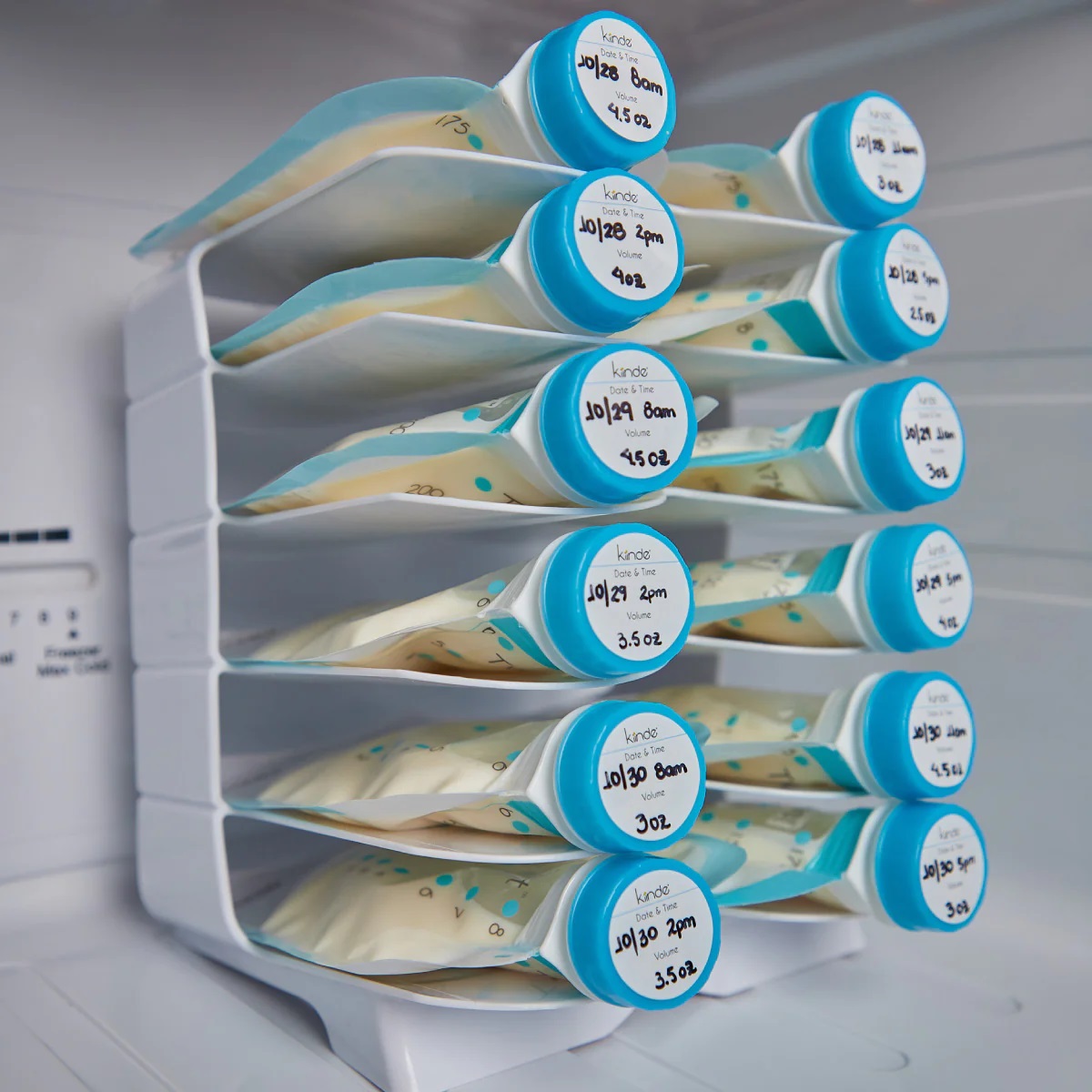
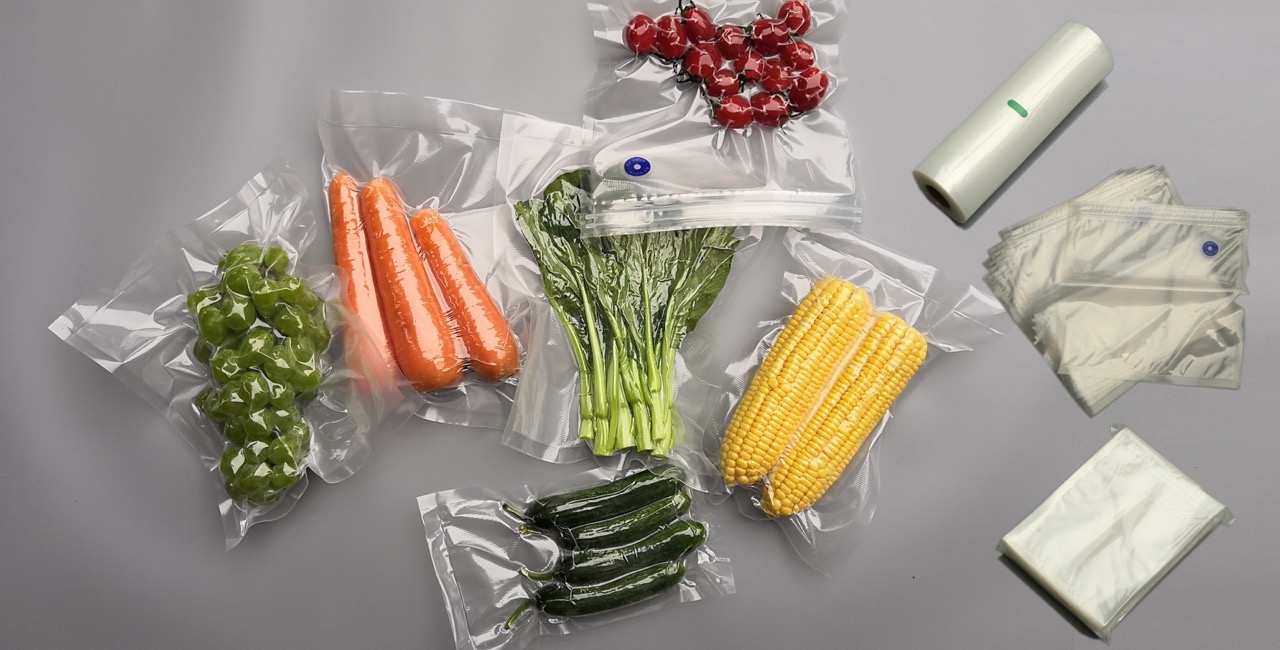
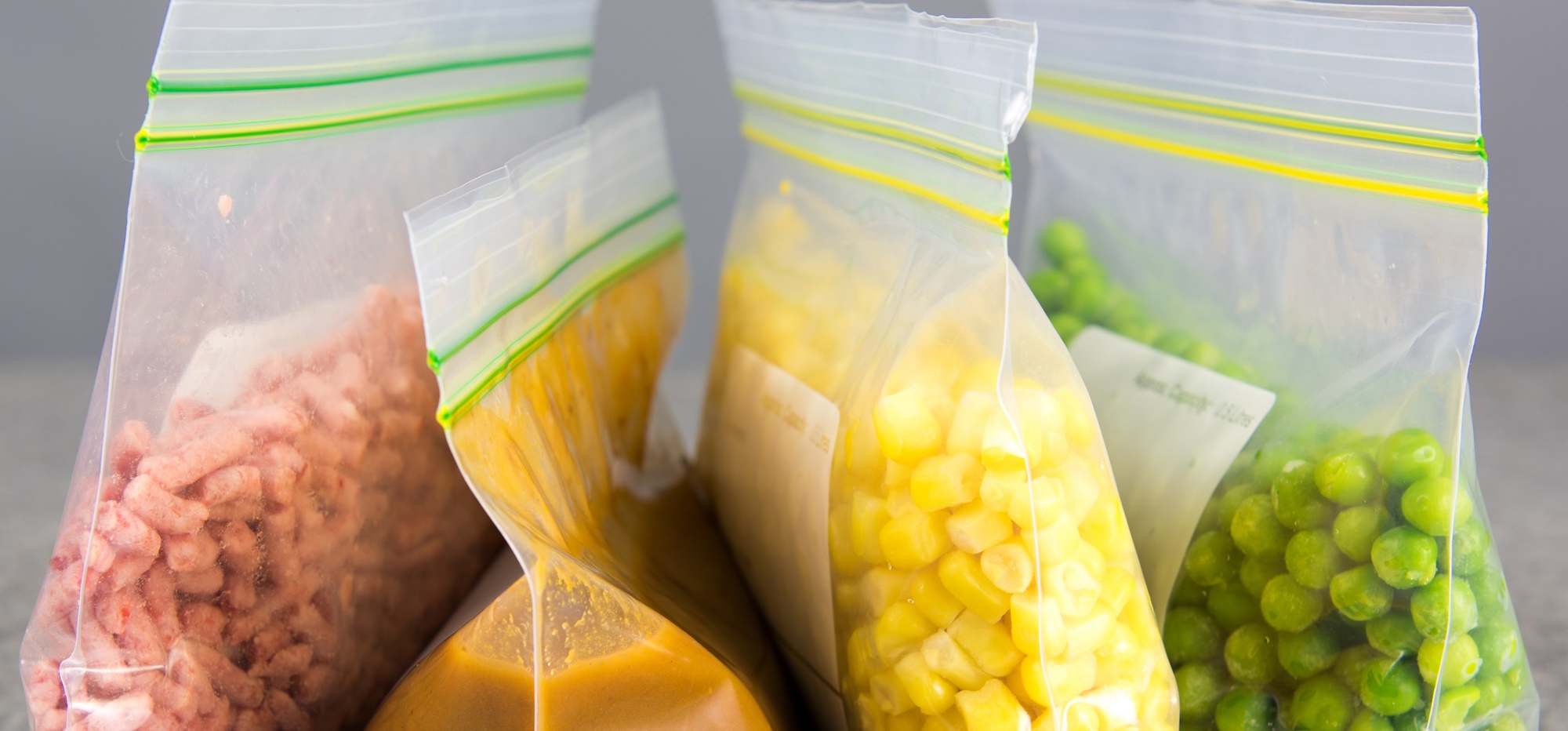
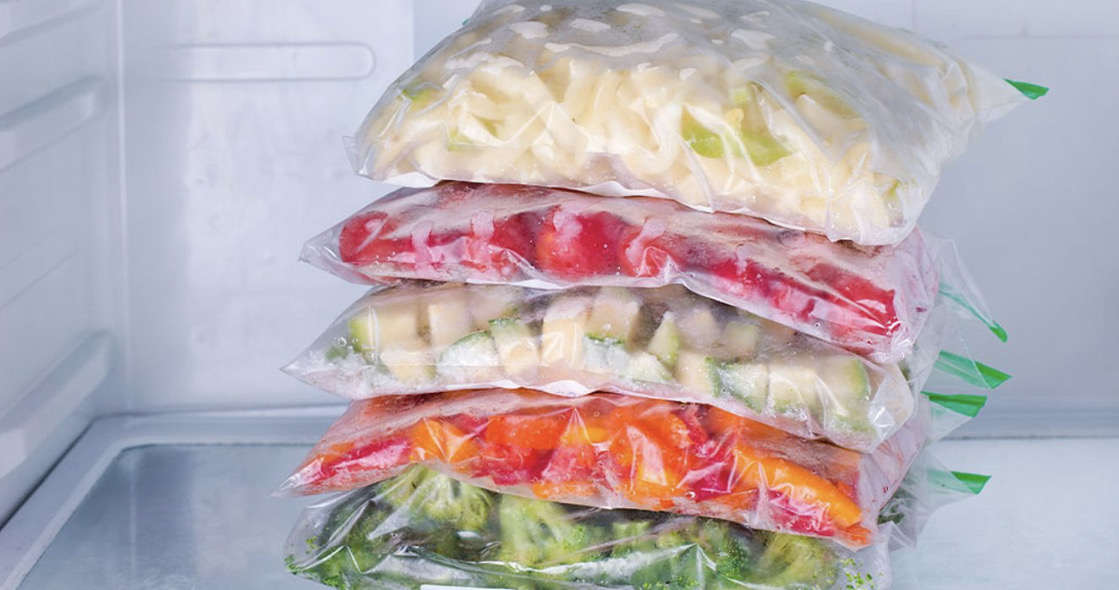
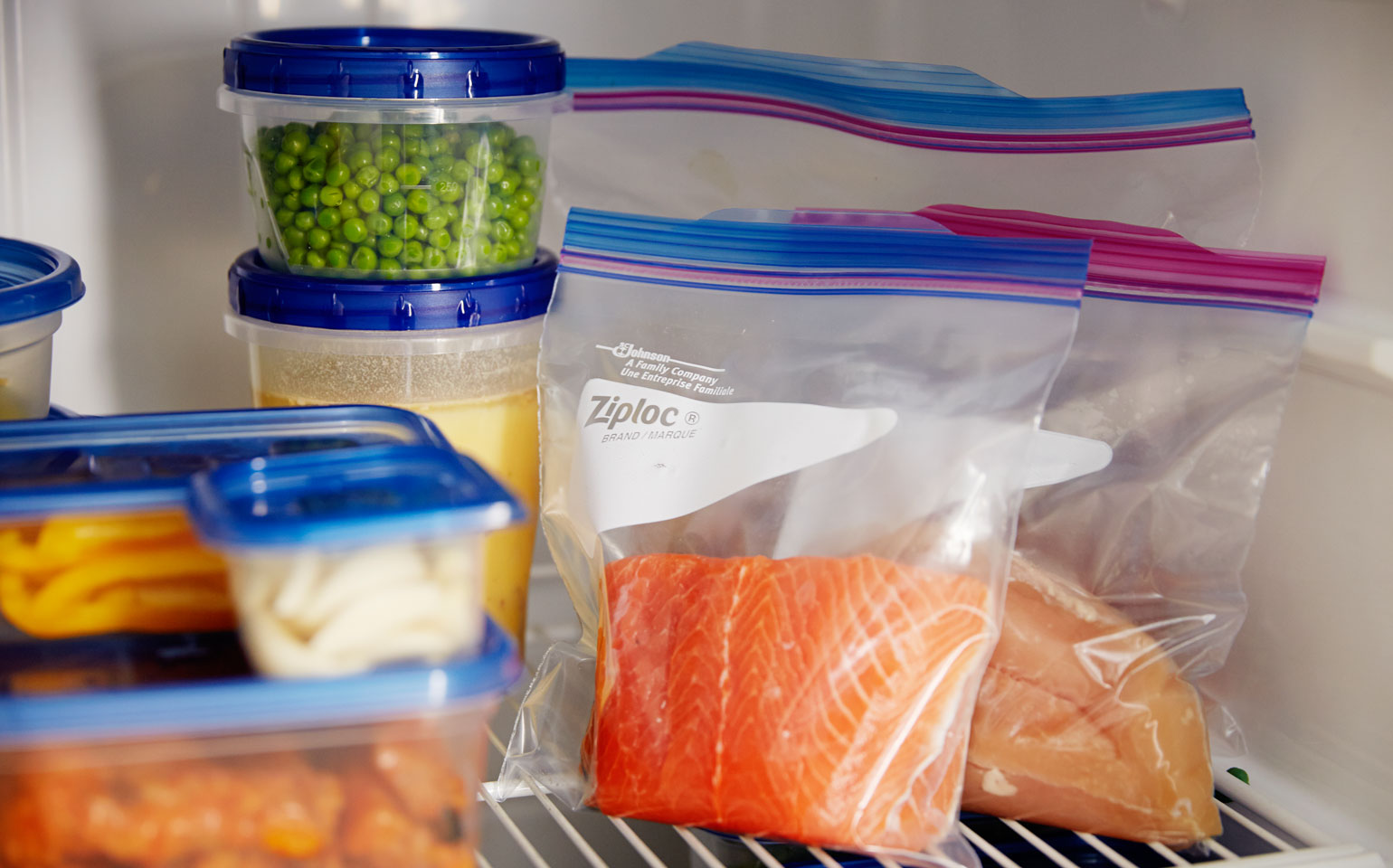
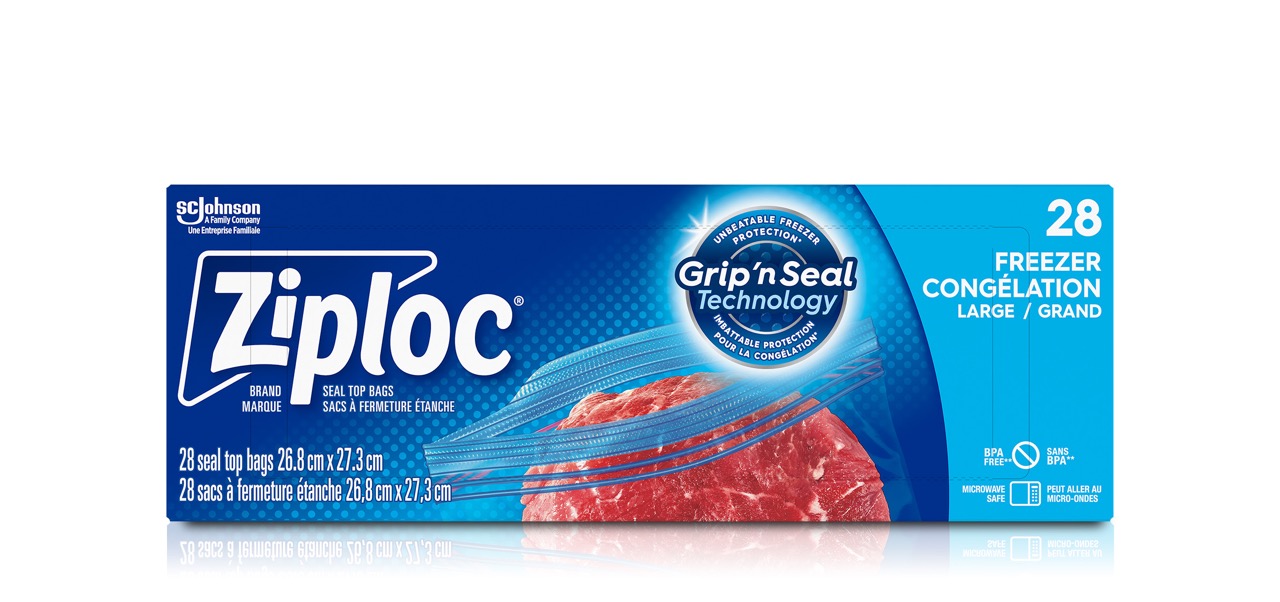
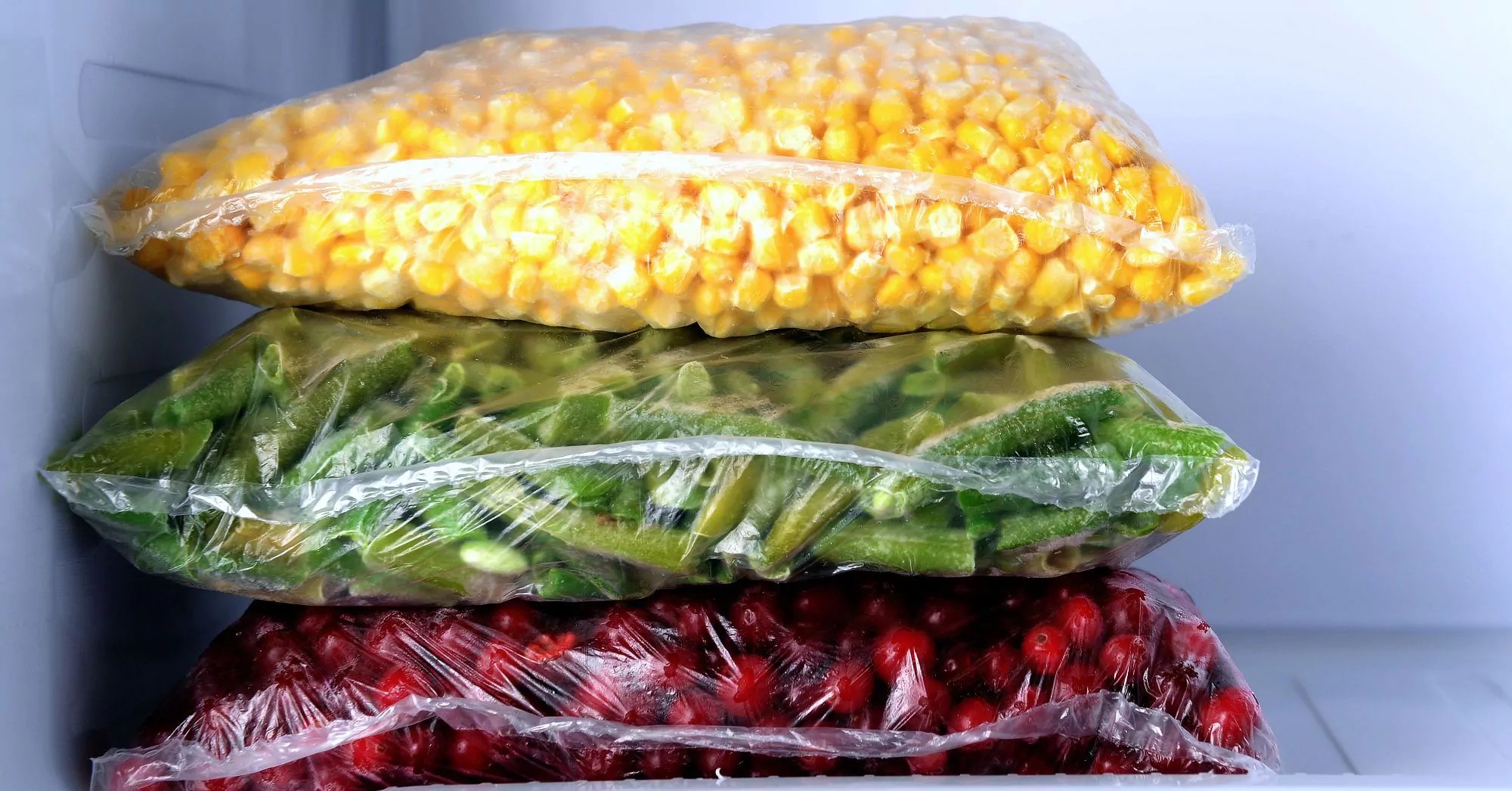
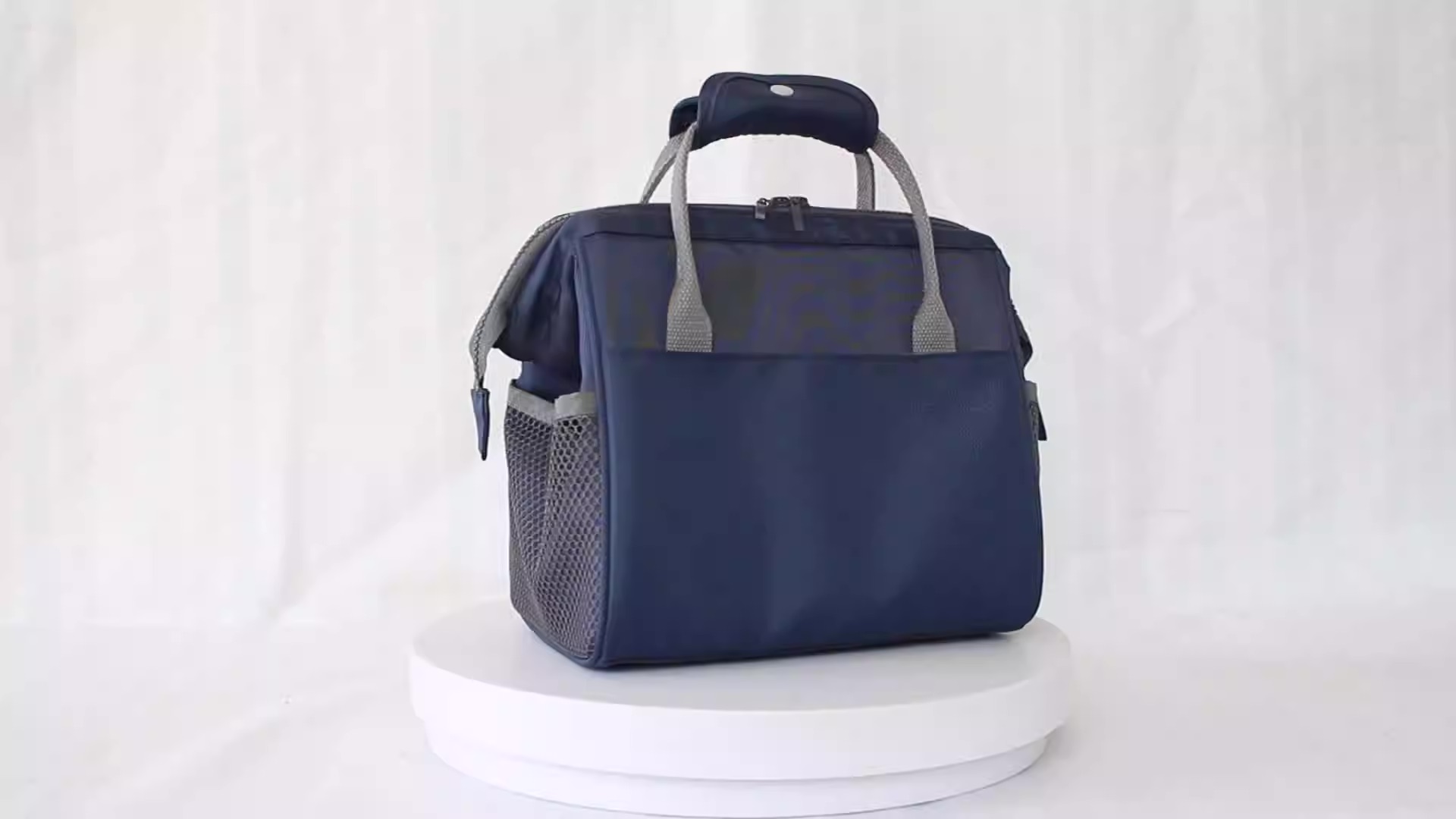
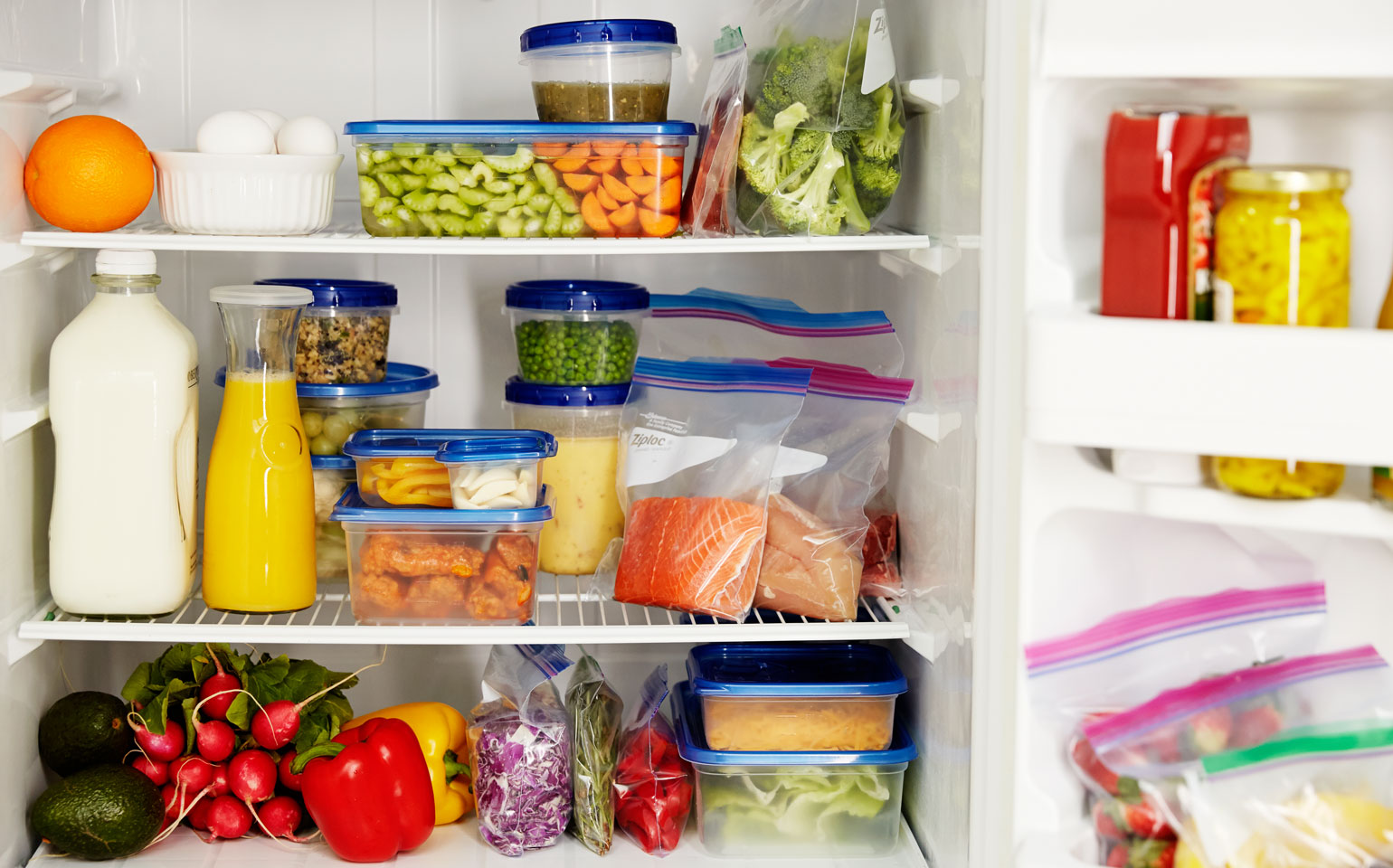
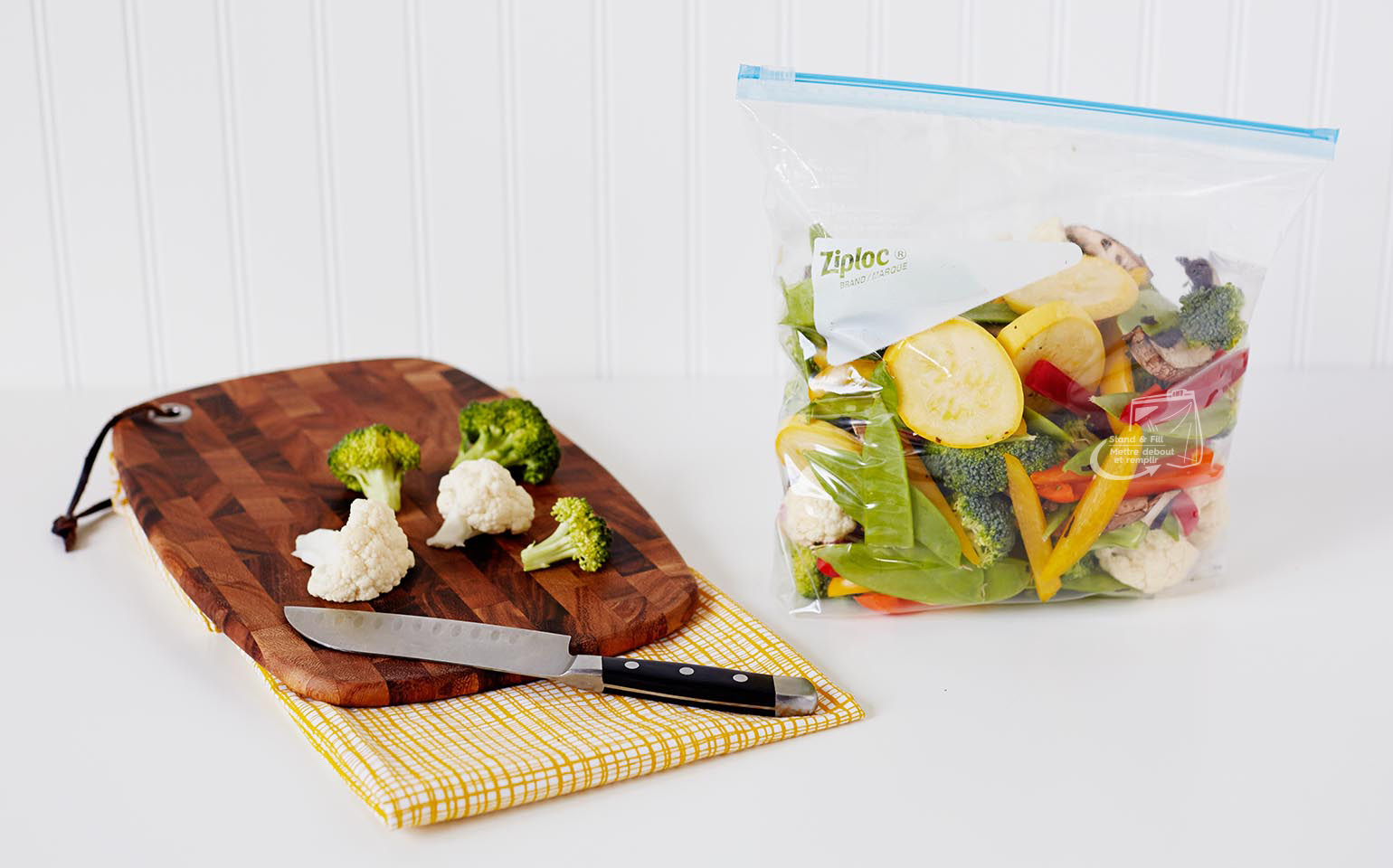
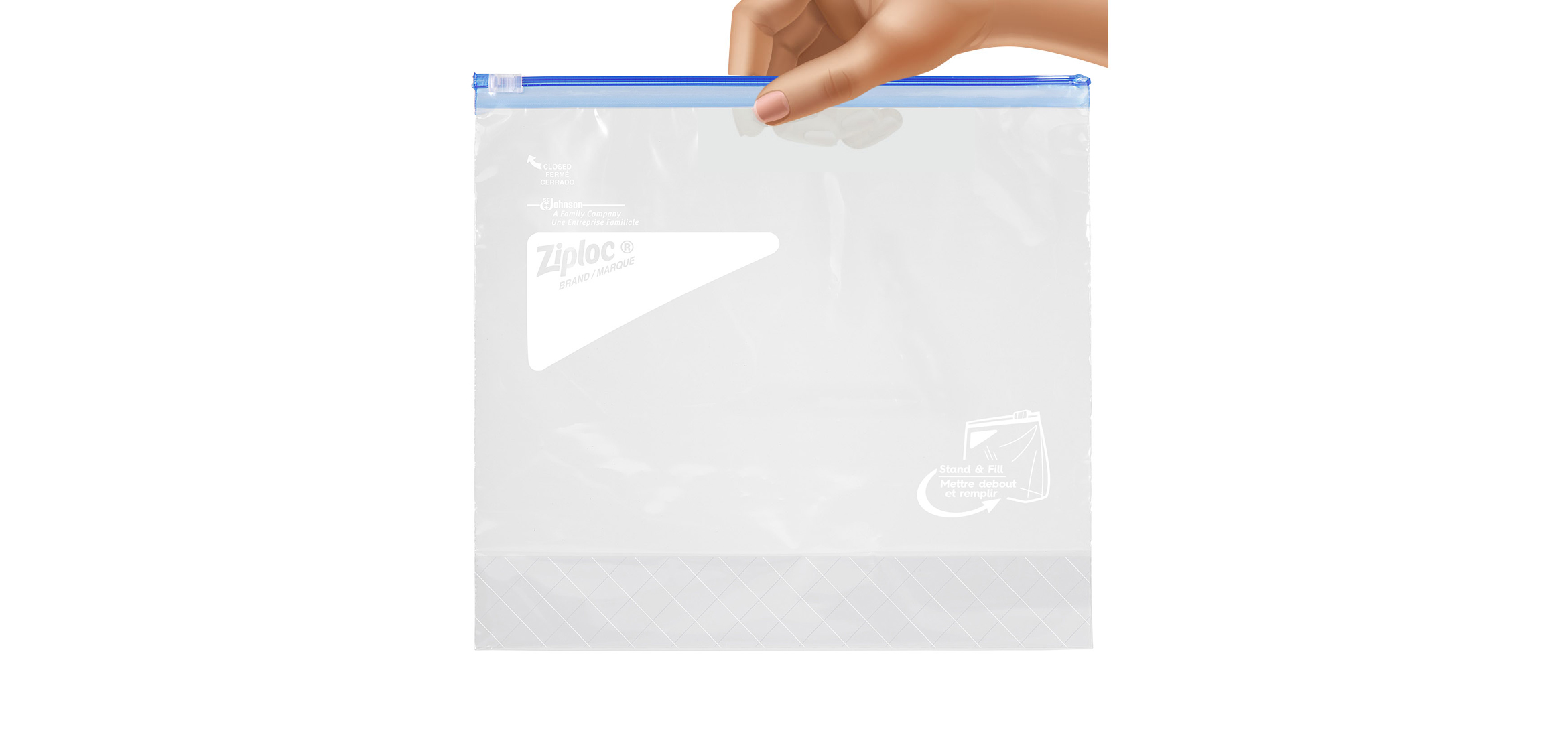
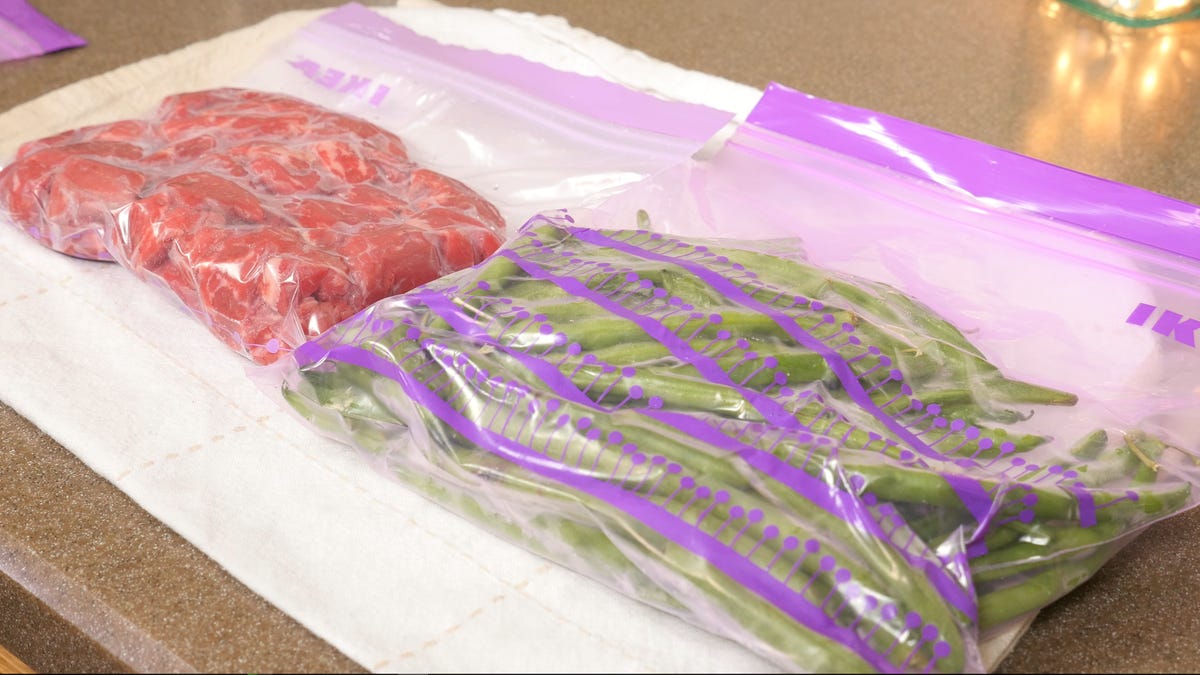
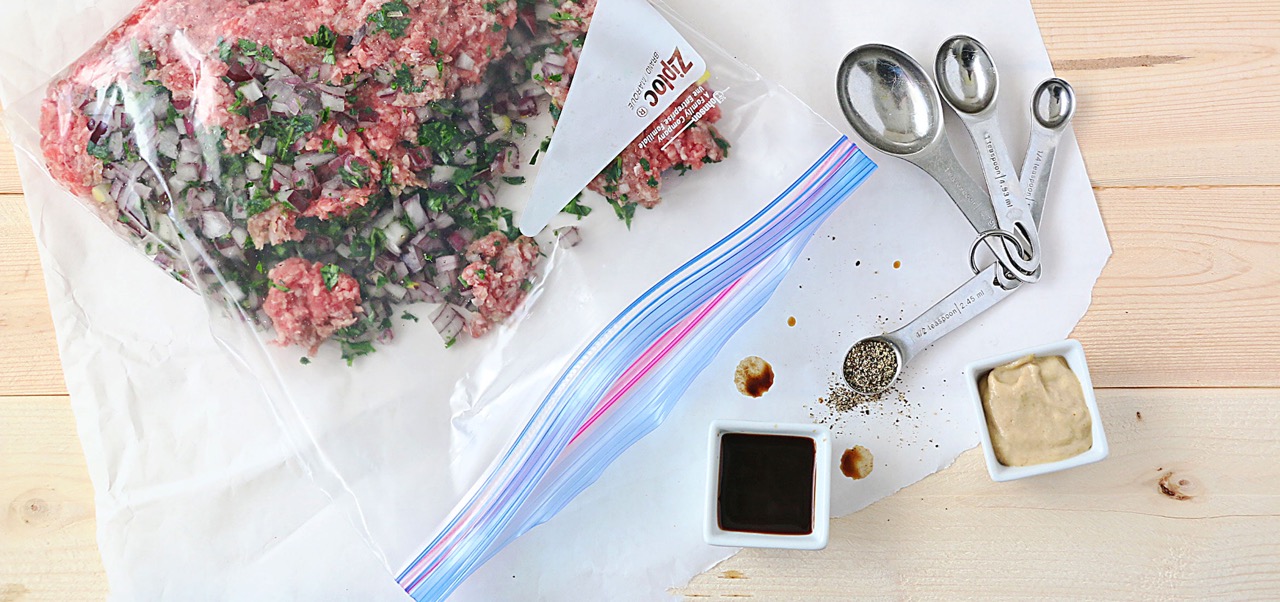

0 thoughts on “What Is A Freezer Bag”